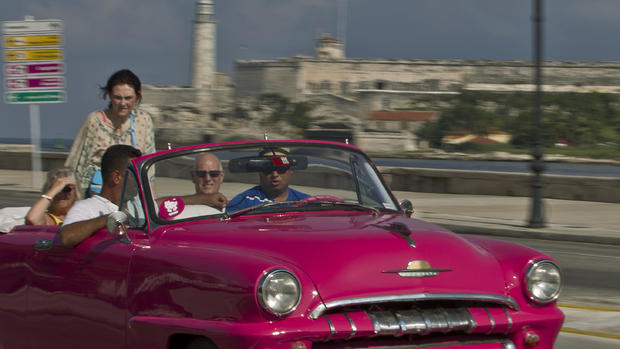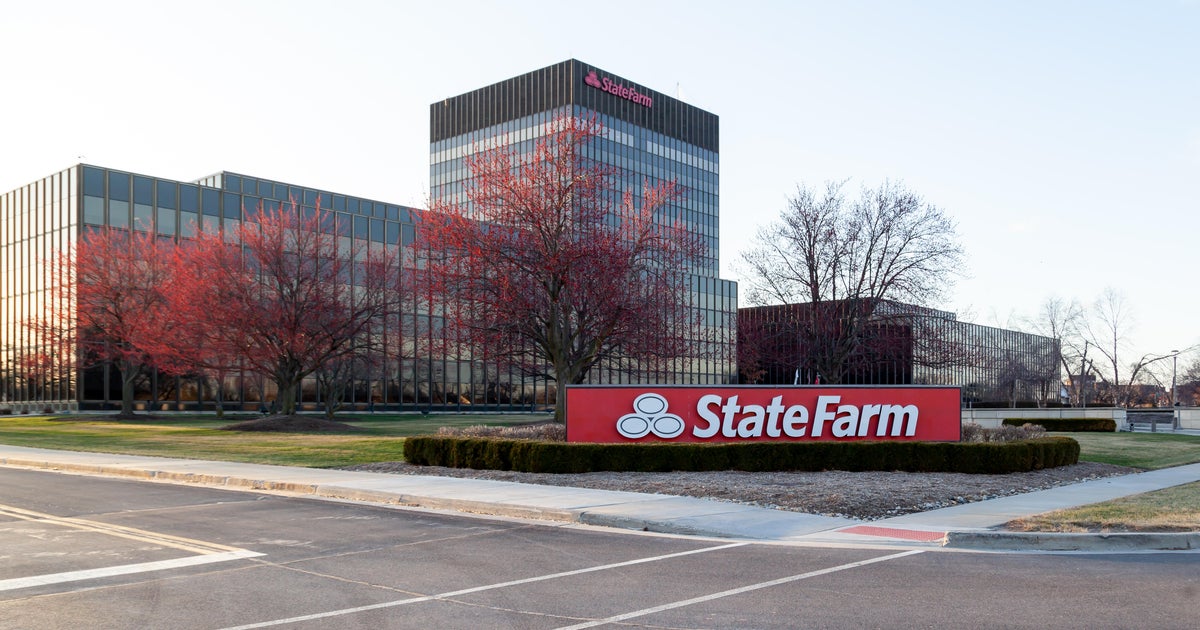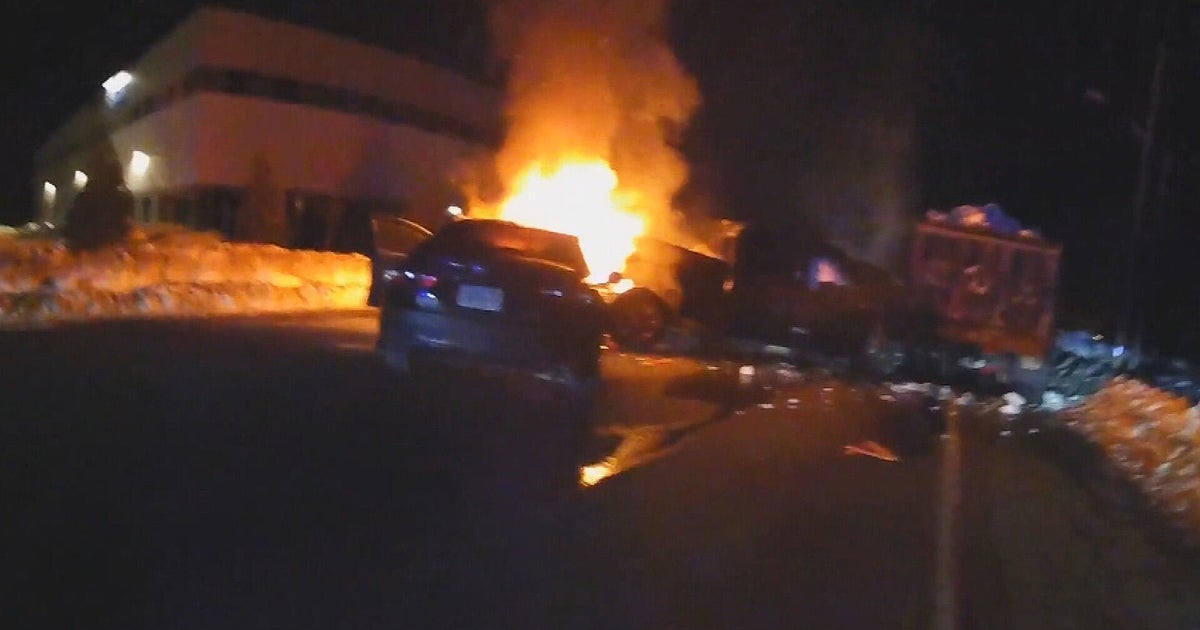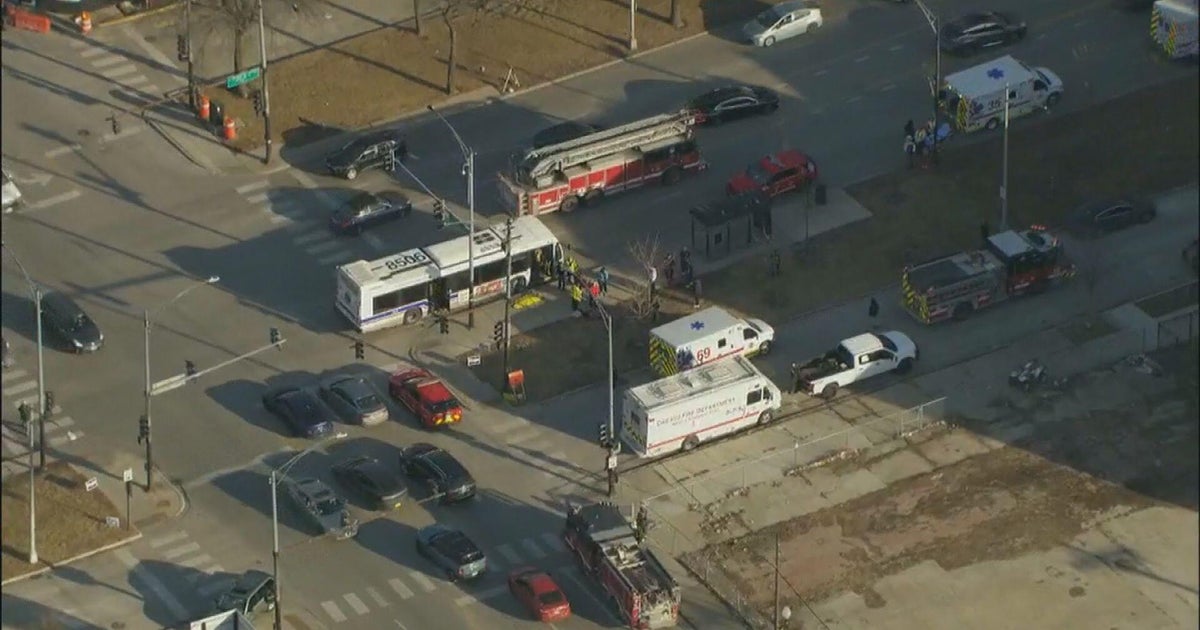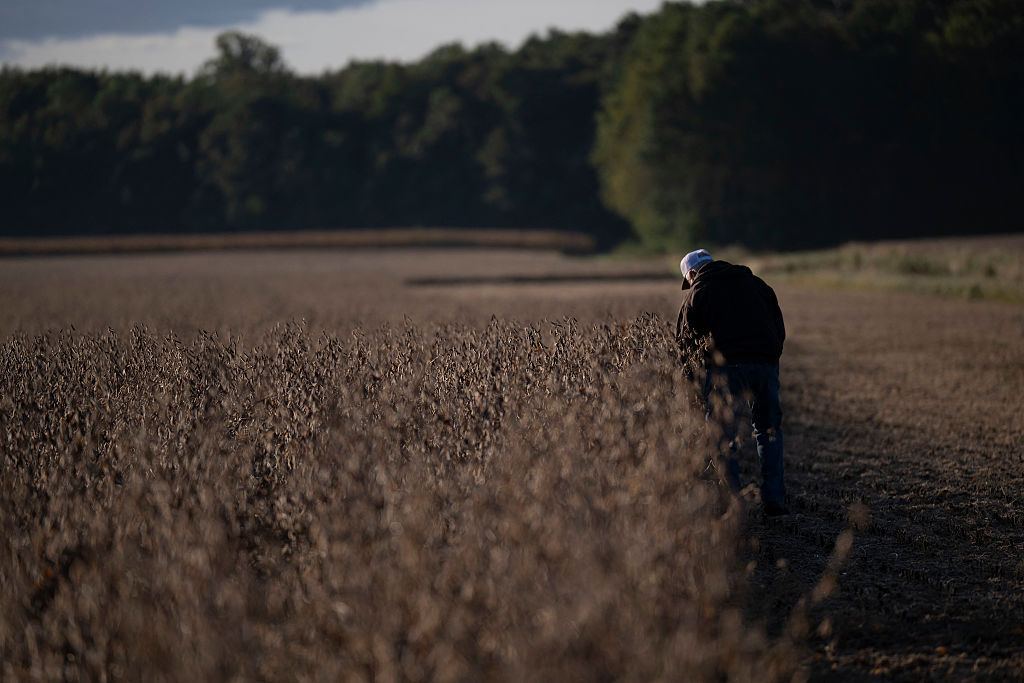Classic car collectors brace for a Trump auto tariffs crash
The Trump administration's proposed auto and auto part tariffs may claim an unexpected casualty: The more than 20 million Americans who spend an estimated $1.5 billion annually on classic and antique cars, trucks and motorcycles, according to specialized insurer Hagerty Group.
Though many classic car sales are by wealthy collectors and cost in the tens of millions, the average classic vehicle's value is less than $35,000, according to Hagerty Group.
"The hot rodders, the tinkerers, the people who modify cars -- that's a really, really big thing in America," says Mark Hyman, who runs Hyman Ltd., a classic car dealership based in St. Louis that he started in 1989. Hyman was among the car dealers and owners who gave testimony last month at the Commerce Department arguing that classic and antique cars be exempted from the proposed tariffs.
A classic car is typically defined as one that's at least 25 years old. The business accounts for about 5 percent of the total vehicle market Mr. Trump seeks to protect through tariffs in the name of national security.
Hyman said he sells about 250 classic vehicles a year, making his business one of the largest such dealerships. To find them, he has to shop the world for inventory. Like the automotive industry as a whole, a large portion of parts for these vehicles are made overseas and must be imported. That hurts everyone from the high-end dealer to garage mechanics working on older cars.
"So a protectionist trade practice has a potential - and a probable - impact that's dangerous, disastrous, catastrophic" for the specialized industry, Hyman said.
How catastrophic? Take a vintage car at auction in Germany with a price of $1 million. Today, a dealer like Hyman would buy the car for a U.S. client and import it with duties that currently run about $30,000.
"Now $30,000 on a million-dollar purchase is not a barrier of any kind at that level, it's part of doing business," Hyman said. "Under the proposed tariffs, there would be a 25 percent duty, a tariff imposed on that import. And that makes it pretty much cost-prohibitive."
Mr. Trump proposes to put the levy on auto parts as well as new automobiles, something Hyman and others say will make tinkering too expensive for most classic car owners.
Auto parts for new, used and classic cars, known as the aftermarket, are a big part of the broader auto industry. About 4.6 million people are employed across 533,000 auto parts businesses that include manufacturers, distributors, retailers and repair shops. The aftermarket accounts for sales of more than $392 billion, according to the Auto Care Association.
Since the Commerce Department hearings last month, Hyman said he's been approached by people thanking him for his testimony. "Initially everybody said 'oh it's impossible, this would never happen," Hyman said.
Classic car enthusiasts are now less sure that's so.
"People are no longer saying 'This could never happen' because there's some things that have happened -- in the steel industry, in the aluminum industry, with China, with Canada, with Mexico with the EU -- that none of us ever would have guessed could happen," Hyman said. "We pray that it doesn't occur, we don't understand why such things can be perceived as being a threat to our national security. But I think that we're now more prepared that it may."
